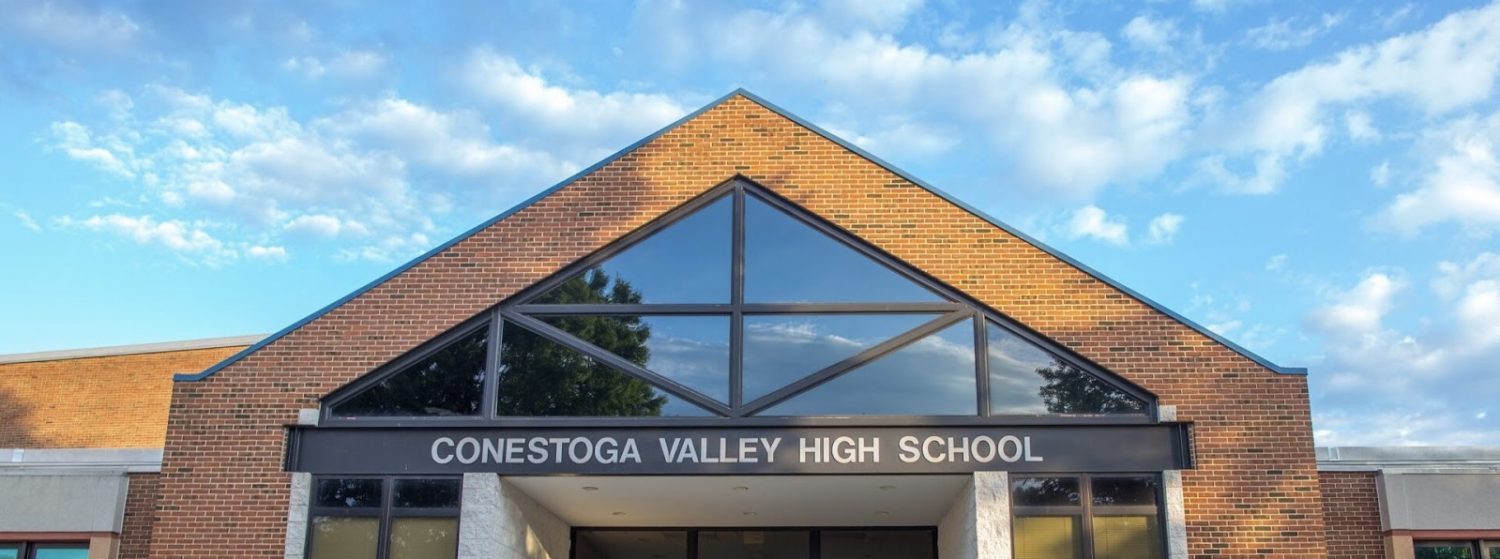
By Logan Spurrier ’22
The culmination of the effort of the Belarussian government was put on display last week on the Polish-Belarussian Border.
Estimates suggest that up to 4,000 immigrants gathered on the doorstep of the Polish nation, prompting the government to declare a state of emergency. However, this has been a growing crisis for months.
Back in 2020, the European Union (E.U) was growing weary of Belarus, neighbor to Russia and Poland. These were due to the election that brought sitting Belarussian President Alexander Lukashenko into power, and what followed.
Officials in the West have expressed feelings that the election was corrupt and fraudulent. It would be the sixth election that he would have been the most popular vote. This is even though Lukashenko ruthlessly led the government, effectively holding all the power after a 1996 referendum.
Under Lukashenko, continued human rights violations have also occurred. Following the 2020 election, Lukashenko swiftly cracked down on opposition and general disobedience using violent, sometimes deadly, measures.
As thus, these actions prompted the E.U to place economic sanctions on Belarus.
In response, Belarus began to process the visas of immigrants at an accelerating rate. These immigrants are refugees from the war-embroiled nations of the Middle East: Iraq, Syria, Yemen, and more. They are seeking a new life within the E.U, which many believe will offer them better living conditions and opportunities than their previous homes.
However, these immigrants are now being used by Belarus in another war, a hybrid one.
By massing these immigrants on the Polish border, it places pressure on the E.U to lift the sanctions it placed. For a decade, E.U has been struggling with a large influx of refugees from the war-torn regions of the world. So, yet further waves of immigrants from Belarus is akin to an actual military threat.
Luckily for some, immigrants have made it across the barbed wire and through the water cannons of the Polish Border Guards. However, many are still trapped in Belarus.
The conditions for those left behind are improving, as the host nation tries to ease the tensions by moving the immigrants to contained areas. It is nothing compared to the life they were promised in western Europe.
It remains to be seen whether Belarus continues to leave the floodgates open or admit defeat in this war.
